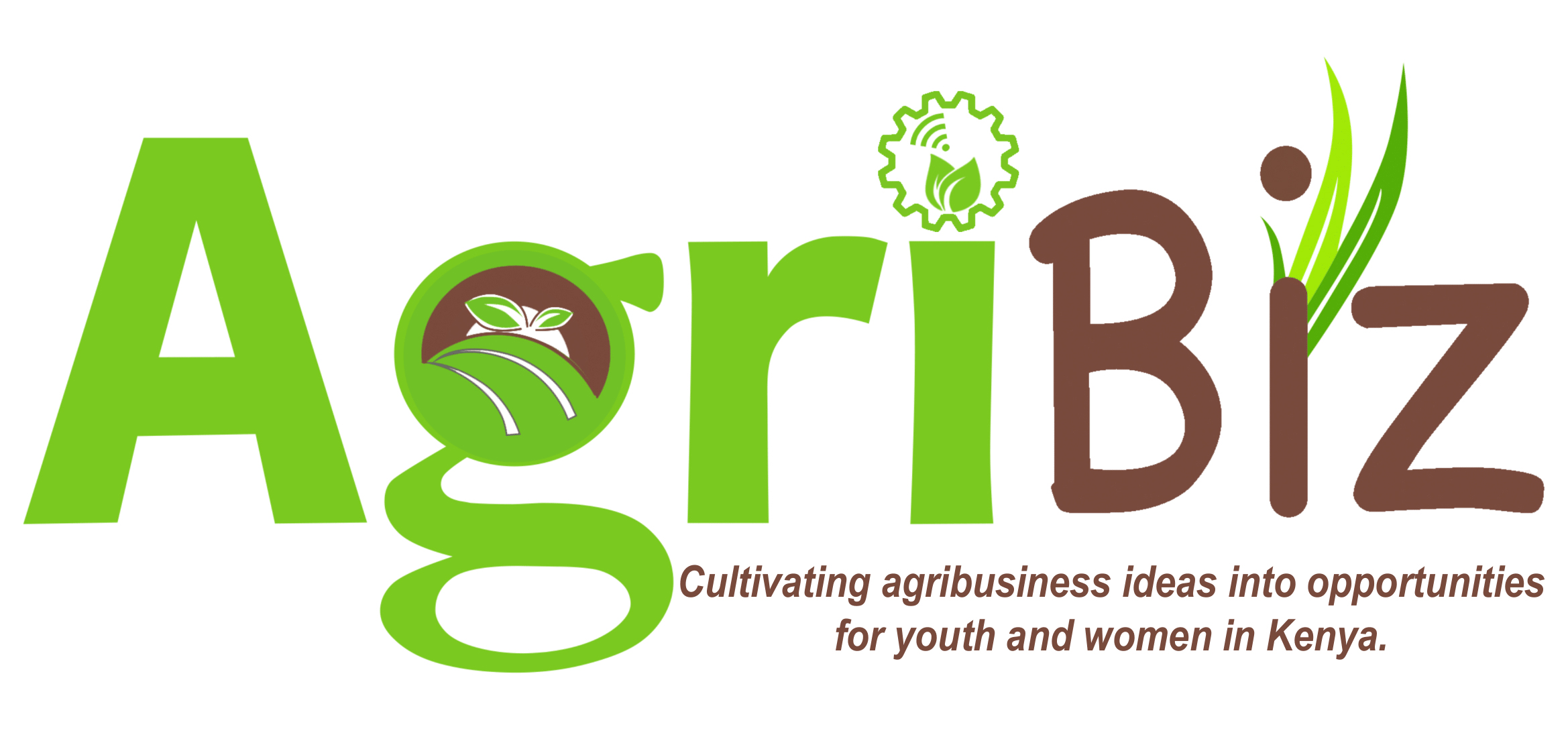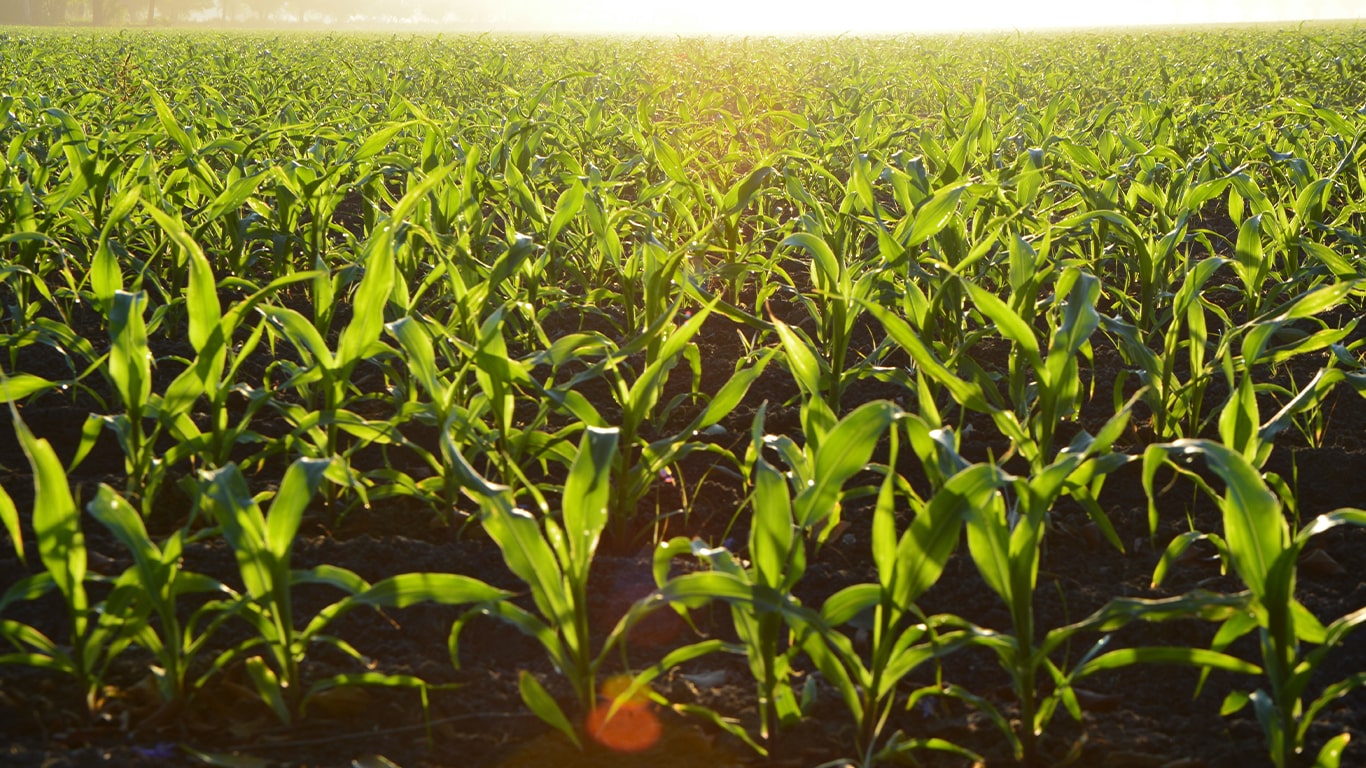Most Kenyan farmers are gravitating towards sustainable agriculture due to climate change and the need to address the high demand for food supply in the country. To attain this, farmers across the country are adapting and integrating new farming technologies into their daily farming practices.
According to, Kenya Climate Smart Agriculture Implementation Framework, 2018-2027 (KCSAIF), Kenya has experienced rising temperatures over the last 50 years coupled with intense and extreme climate and weather events like droughts and floods. The report also adds that future climatic predictions for Kenya indicate a possible temperature increase of 1ºC by 2020 and 2.3ºC by 2050.
As a result, sustainable agriculture has become more important in Kenya and to the farmers. To help promote this, organisations such as Kenya Climate Innovation Center who are keen on mitigating climate change, have set up an agribusiness platform- AgriBiz Program- for Kenyan farmers to fully explore their potential in the agribusiness sector through sustainable farming.
The AgriBiz Program, funded by both the European Union and Danida, is keen on promoting the agribusiness sector in the country and creating employment opportunities for youth and women-led enterprises that focus on sustainable agriculture.
Under the programme, some of the enterprises have adopted new farming technologies such as apical cuttings, hydroponics and fish cage technology to promote sustainable farming as well as cater for the demand of food supply.
Apical cuttings technology is a rapid multiplication technique from tissue culture that ensures farmers get quality seeds in good time, unlike other conventional methods. Within the country, agribusiness enterprises such as Jancota Limited have adopted the technology intending to boost the growth of potato production in the country. They specialize in the production of certified potato seeds through the use of apical cuttings technology.
Over to the western side of Kenya, an agribusiness venture, Hydro Victoria Fish Hatchery has adopted the fish cage technology to address the current demand of food supply, especially in the fish farming sector. Through this technology, the fish get to thrive in high-quality water which is rich with dissolved oxygen, maintained under the right temperature conditions and also contains low levels of ammonia nitrate.
Hydroponics Africa, on the other hand, uses soilless farming popularly known as hydroponics farming to grow crops in a highly controlled indoor environment with the hope of bridging the gap between supply and demand of high-quality produce. Hydroponics farming is easily becoming popular among farmers because of the high-quality yields it offers. There are many methods to hydroponics farming such as aeroponic systems, wick systems, nutrient film technology etc. which are equally sustainable and beneficial too.





